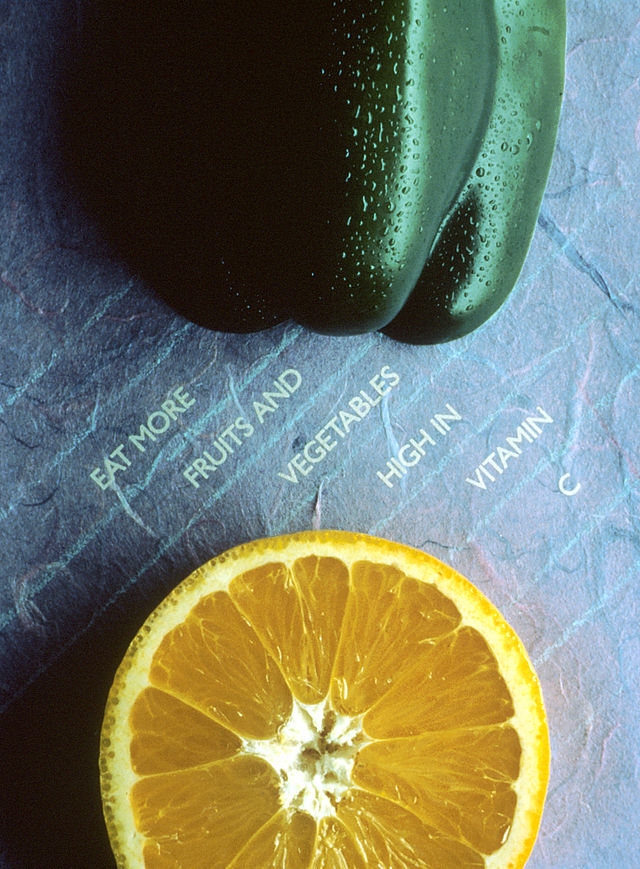VITAMIN C FOR BLEEDING GUMS.
The traditional recommendation for daily Vitamin C (Ascorbic Acid) intake was based on prevention of scurvy (the most common nutritional deficiency disease), but this recommendation for minimum daily vitamin C intake might be too low to prevent infections and chronic diseases such as gum disease.
To prevent scurvy, only 10mg/day of Vitamin C is needed, with the recommended dose of 40 to 45 mg given to allow for a safety margin, which gives a vitamin C blood level of 20 micromols /L. In addition to prevention of scurvy, Vitamin C could also help with condition such as cancer, cardiovascular disease, and some infections diseases so recommend daily intake of 75 to 110mg and plasma levels of 50 micromols / L have been recommended by scientific panel in Japan, Germany and Switzerland.
In the USA, 20 percent of the population have vitamin C plasma (blood ) levels of less than 28 micromols/L which puts this subset at risk for chronic and infectious disease like gum disease.
Hujoel et al conducted a systematic review and analysis of clinical trials on bleeding tendency and Vitamin C requirements. They found that in patients with low Vitamin C plasma (blood) levels (between 7 and 27 micromols/L), vitamin C supplementation was highly effective in reducing gingival bleeding tendency. Low levels of Vitamin C in the blood was also associated with retinal (eye) bleeding and cerebral strokes.
They concluded that patients who have a low vitamin C levels in their plasma (blood) would benefit from Vitamin C supplementation. The recommended intake of Vitamin C that is enough to prevent scurvy is not enough to prevent gum (gingival) bleeding and retinal hemorrhaging (bleeding).
The role of Vitamin C in gum disease.
Vitamin C is required for some defence cells -white blood cells called leukocytes- to migrate to body parts that experience bacterial invasion as in the case of gum disease . The ability of defence cells to migrate effectively to infection sites improve with higher levels of Vitamin C.
Vitamin C deficiency also affects the proper formation of collagen, a vital structural part of the gum tissue.
If you have low Vitamin C levels in your blood, and you have bleeding gums, simply improving your oral hygiene and getting more frequent cleanings may not be enough. You will still be at risk for gum disease due to the role vitamin C plays in the action of defence cells and the proper formation of collagen in your gums.
So it would be beneficial to check your vitamin C levels and supplement if needed. There is evidence that plasma (blood levels) of more than 50 micromolars /liter reduces gum (gingival) bleeding tendency which would require a dietary intake of about 110 mg/day of Vitamin C.
For more info refer to : Bleeding tendency and ascorbic acid requirements: systematic review and meta-analysis of clinical trials. Philippe P Hujoel et al. Nutrition Reviews, Volume 79, Issue 9, September 2021, Pages 964–975


